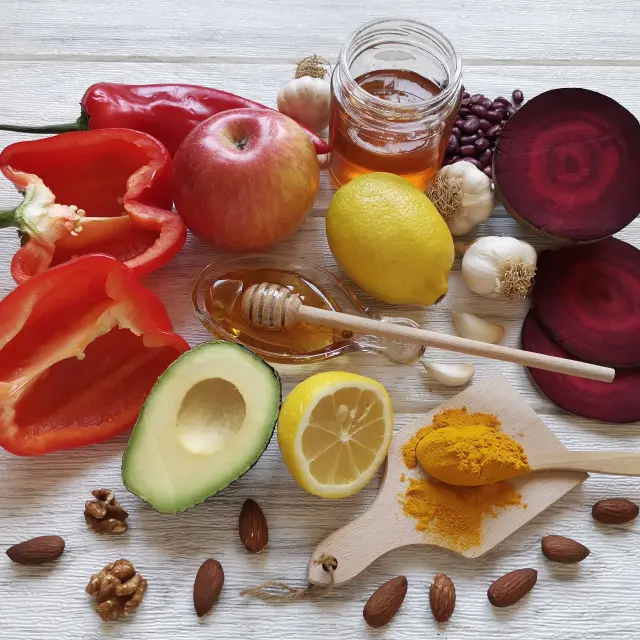
Tips and Advice
Colitis, what foods to avoid and what to substitute them with
By Adriana sanchez - 2020-12-28T13:21:06Z
What should I eat if I have colitis? is one of the most frequently asked questions for those suffering from irritable bowel syndrome, especially because it is very important to maintain an appropriate diet to reduce the symptoms that cause discomfort. Therefore, in this note, you will learn about some of the most commonly prohibited foods if you suffer from colitis and what you could, depending on your case, substitute them with. According to Mayo Clinic, colitis is the inflammation of the large intestine, which can be caused by infection or poisoning, although most of the time its cause is unknown. Among the most common symptoms, we can find cramps and abdominal bloating, constipation, and severe pain in the lower abdomen. Fortunately, specialists like gastroenterologist Gail Cresci from Cleveland Clinic have found that this disease, in some cases, can be controlled without the need to consume medications, by following a colitis diet and exercising. Dr. Cresci recommends avoiding certain foods depending on the type of colitis, but we know that it is often difficult to stick to a strict diet, so below we present a series of different food alternatives for colitis that could replace those that are commonly avoided. Dairy One of the foods that should definitely be avoided if you have colitis is dairy such as milk, cheese, and yogurt, as they can often cause gas and intestinal bloating. Fortunately, there are several foods to reduce intestinal inflammation in case living without dairy is very difficult for you, so you can substitute the aforementioned with the following: Almond, rice, or coconut milkLactose-free yogurtBrie or camembert cheeseVegetable oil instead of butterFruits with high sugar levelsFructose is a factor that could increase discomfort for those suffering from colitis, according to information from the Crohn's and Colitis Foundation, which is why it is not recommended to consume pears, watermelon, peaches, cherries, dried fruits, and fruit juices. What is recommended to add to your colitis diet are: BananasBlueberriesMelonBlackberriesSome vegetables and legumesOther foods that should not be eaten if you have colitis are vegetables like broccoli, Brussels sprouts, asparagus, and cabbage; and legumes like beans, chickpeas, and lentils, as Dr. Gail Cresci explains, these promote colon inflammation and produce gas. Instead, you can eat: CeleryCarrotsSpinachSquashRiceOatsQuinoaSugar alcohols Sugar alcohols are sugar-free sweeteners that are often found in candies and sweets as well. Try to avoid products that contain sorbitol, isomalt, maltitol, and xylitol, and if you want to sweeten your tea, better add: HoneyNatural maple syrupCandies that do not contain sugars ending in “ol”.Remember that before consuming any of the aforementioned foods, you should consult a specialist who can help you determine which are the best foods for colitis for your diet.
